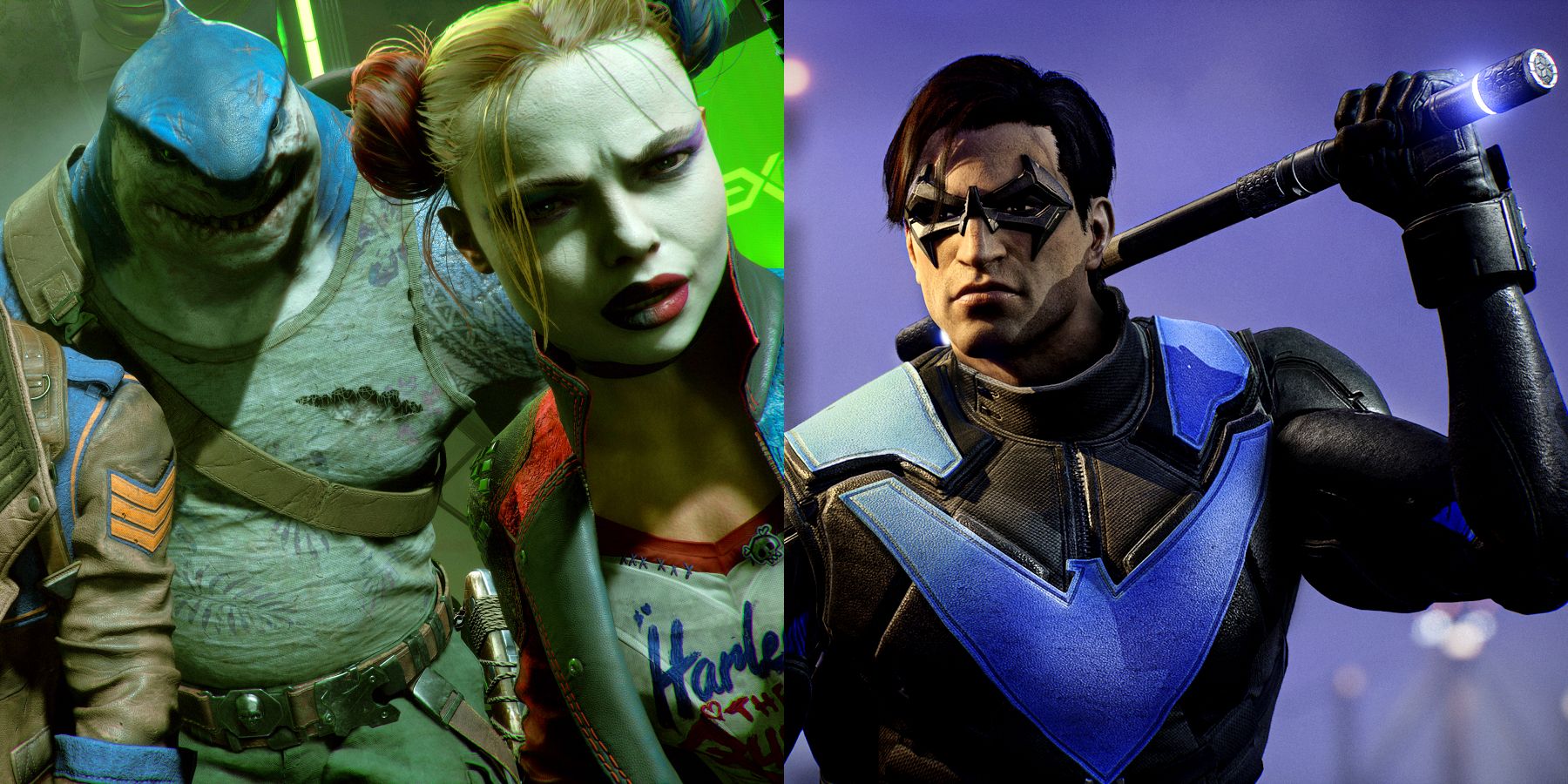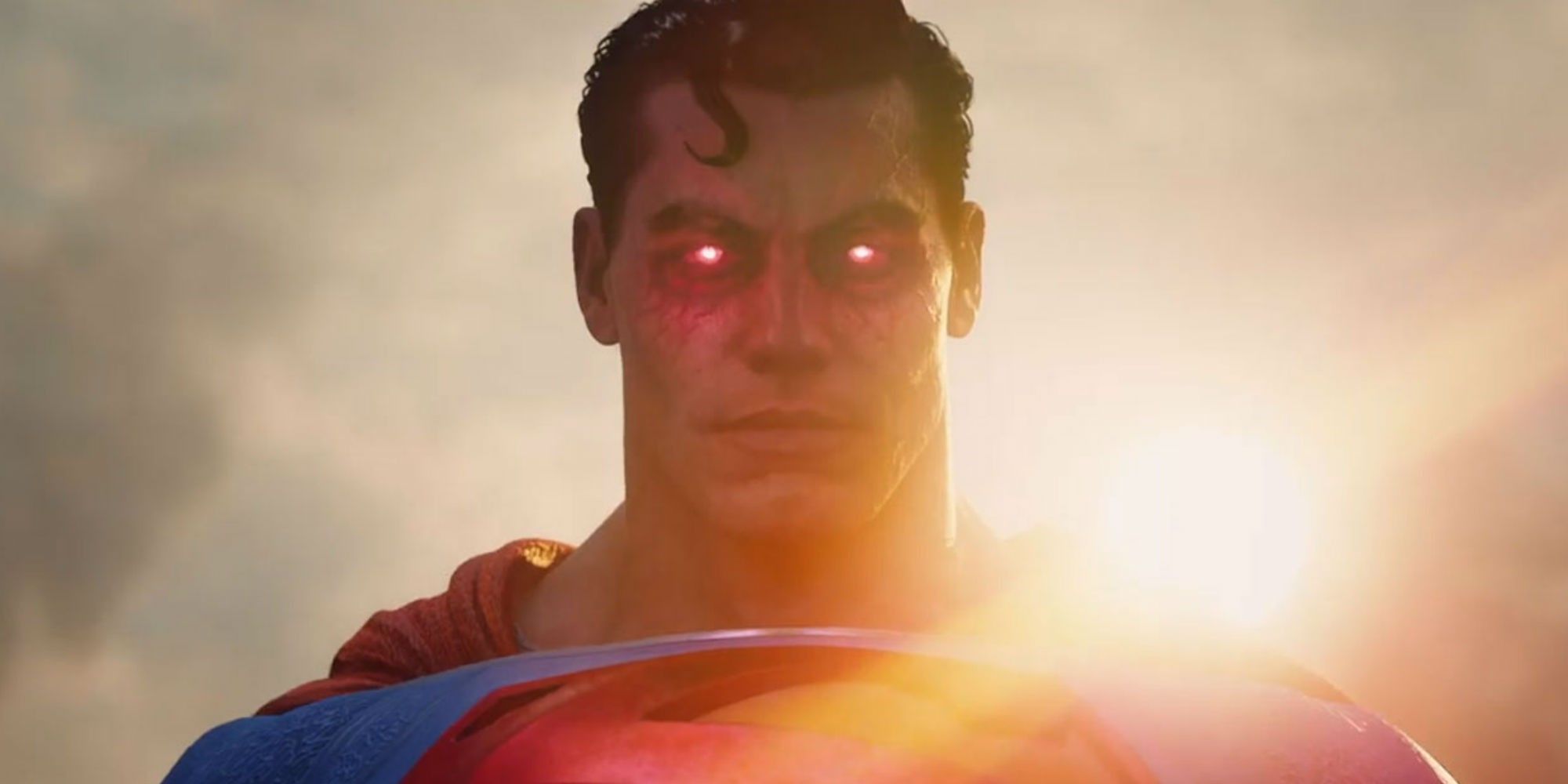DC games have already taken the right lesson from DC's explorations of its expanded cinematic universe. Various developers are set to release several new games featuring DC characters in the near future, including the cyclical, nighttime crime-fighter Gotham Knights, Suicide Squad: Kill the Justice League, Wonder Woman, and more. This has DC fans excited, as they are eager to see characters they know exploring stories through the medium of games.
The DCEU in cinema, unfortunately, has been poorly received in general with only a couple notable exceptions. The company appeared to want to follow in Marvel's footsteps by creating its own cinematic universe, but unfortunately most of the movies fell flat when it comes to critical reviews. Having seen the response to creating a single expanded universe however, DC appears to have learned a lesson and started making games like the Wonder Woman title that aren't part of the Arkhamverse and aren't connected to previous properties.
An interconnected cinematic universe does allow the ability to tell stories that can relate back to others and build a greater context of the setting, however it can also constrain a property. Being forced to adhere to one universe, with one general tone and an ever-growing amount of continuity to track and set up for, can be severely limiting to the type of story a developer wants to tell. DC seems to have realized that it can benefit from each story being self-contained, and this has allowed the stories to flourish by being free to explore plots without having to worry about past or future continuity. Series like Batman: Arkham and its confirmed DC heroes won't have to worry about keeping all of them alive.
Suicide Squad: Kill the Justice League Doesn't Work In An EU
The perfect example of this is the upcoming Suicide Squad: Kill the Justice League, in which the player characters may in fact end up killing several members of the titular superhero group. In an extended universe with a set continuity, this would obviously be a concerning proposition as it would mean the dead characters would have to be gone forever, or at least until some sort of plot reversal revives them. In games where each universe is self-contained, the game will be free to kill off a hero and then release a new game about that same hero several months later. A game like Suicide Squad: Kill the Justice League could destroy the Arkhamverse, and ultimately that might be for the better.
DC has learned a very important lesson from their exploration of the DCEU - not everyone can be Marvel, and not everyone should try to be. While it may be exciting to have one large, overarching universe to tell multiple stories in, that comes with its own set of drawbacks. It's better for DC to differentiate itself by telling unique, self-contained stories without worrying about setting up the next phase of an extended universe.


